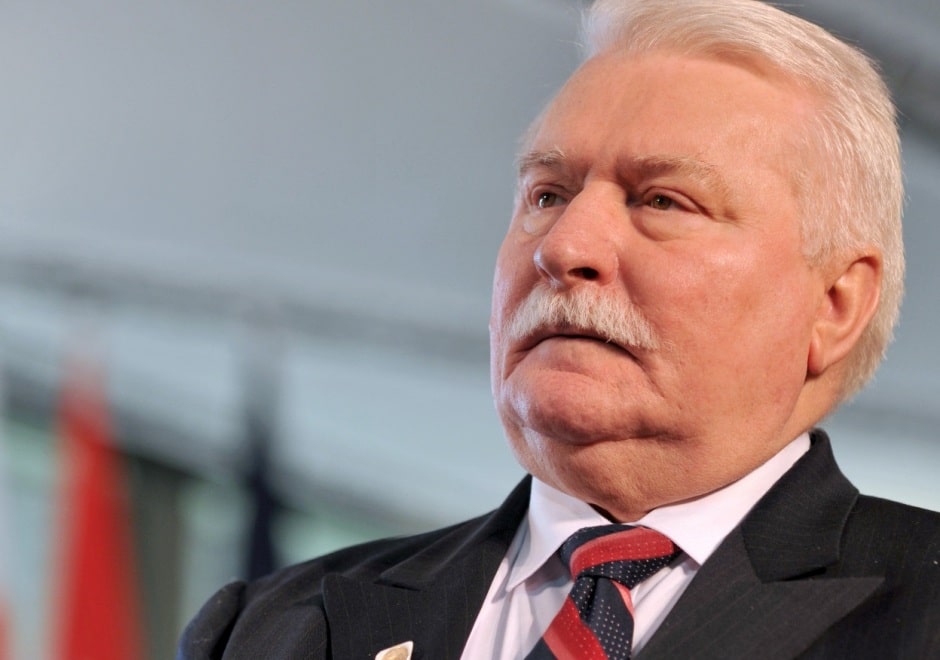Lech Walesa
Lech Walesa was born on September 29, 1943 in Popowo, Poland. In 1967, after completing military service, he moved to the city of Gdansk in search of work. Since that moment, his life has been tied to Gdansk and the incredible story of the Solidarity Movement and the transformation of Poland. In 1980, Walesa led the shipyard strike which gave rise to a wave of strikes over much of Poland. The authorities were forced to capitulate and negotiate the Gdansk Agreement, which gave workers the right to strike and organize independent unions. In December 1981, fearing Soviet armed intervention, the government imposed martial law, suspending Solidarity, arresting its leaders, and interning Walesa. In October 1983 the announcement of Walesa’s Nobel Prize raised the spirits of the Solidarity movement. As economic conditions worsened throughout the 1980s, the government was forced to negotiate with Walesa and his Solidarity colleagues. The result was the holding of parliamentary elections which, although limited, led to the establishment of a non-communist government. In December 1990, Lech Walesa became the first democratically elected President of Poland. His years in office witnessed difficult economic transformation and the struggle for political change. His major achievements include the withdrawal of Soviet troops from Poland, a substantial reduction of the foreign debt, recovering documents of the Katyń massacre, as well as commemorating the 50th anniversary of the 1944 Warsaw Uprising. Walesa has remained a spokesman for the Polish cause on the international arena. He strived towards Poland’s accession into NATO and the EU. In 1995, he founded The Lech Walesa Institute, whose mission is to support democracy and local governments in Poland and throughout the world. Today, Lech Walesa continues his mission of the propagator of solidarity. While traveling the globe, he reminds the whole world of the Polish example and the non-violent struggle for peace and democracy.


